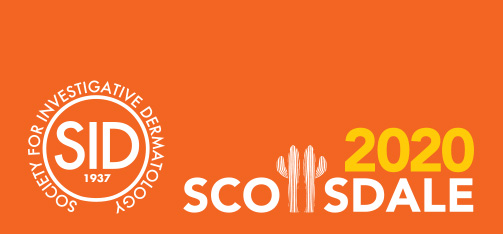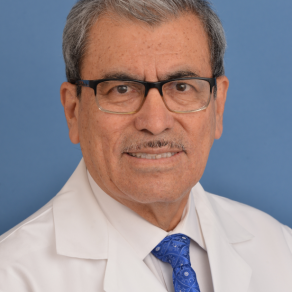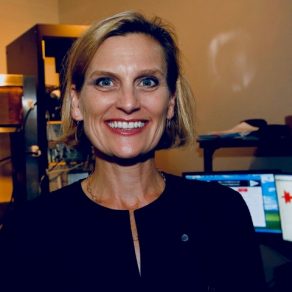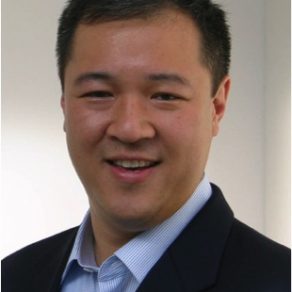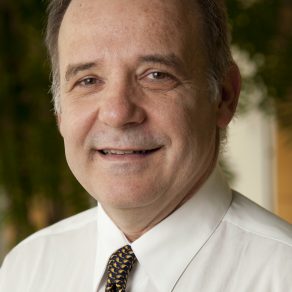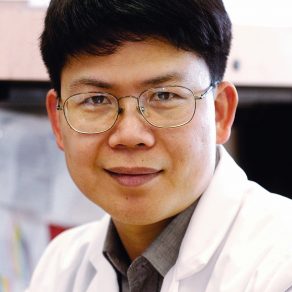
Frederick Grinnell, PhD
Medical Ethics Lecture
Title: Some Ethical Issues in Human Research
Frederick Grinnell is the Robert McLemore Professor of Medical Science in the department of cell biology at UT Southwestern Medical Center (UTSW). He received his Ph.D. in biochemistry from Tufts New England Medical Center in 1970. After graduating, he moved to Dallas for postdoctoral work and joined the UTSW cell biology faculty in 1972. Research in his laboratory contributed to the discovery of fibronectin and its importance in wound repair. His studies helped popularize using wound fluid to analyze the human wound environment and led to the observations that chronic wounds contain degraded fibronectin and elevated proteinases. His work also emphasized the importance of studying tissue biomechanics using fibroblasts interacting with 3D collagen matrices. He is a past recipient of a 10 year NIH MERIT award from the NIGMS trauma program. Grinnell also engages in interdisciplinary work in bioethics and at the boundary between science and philosophy aiming to advance science education and public understanding of science. In 1998, he founded and was first director of the UTSW Ethics in Science and Medicine Program and later organized and continues to lead the North Texas Bioethics Network. He has written two books about the nature of science — The Scientific Attitude (2nd Edition, Guilford Press, 1992) and Everyday Practice of Science: Where Intuition and Passion Meet Objectivity and Logic (Oxford University Press, 2009). Everyday Practice was shortlisted for the 2010 UK Royal Society Science Book Prize. In 2012, Fred was elected as a Fellow of the American Association for the Advancement of Science in the Section on History and Philosophy of Science. His commitment to medical education was recognized in 2012 by a UT Regents’ Outstanding Teaching Award, and in 2017, by the State of Texas Minnie Stevens Piper Professor Award.
